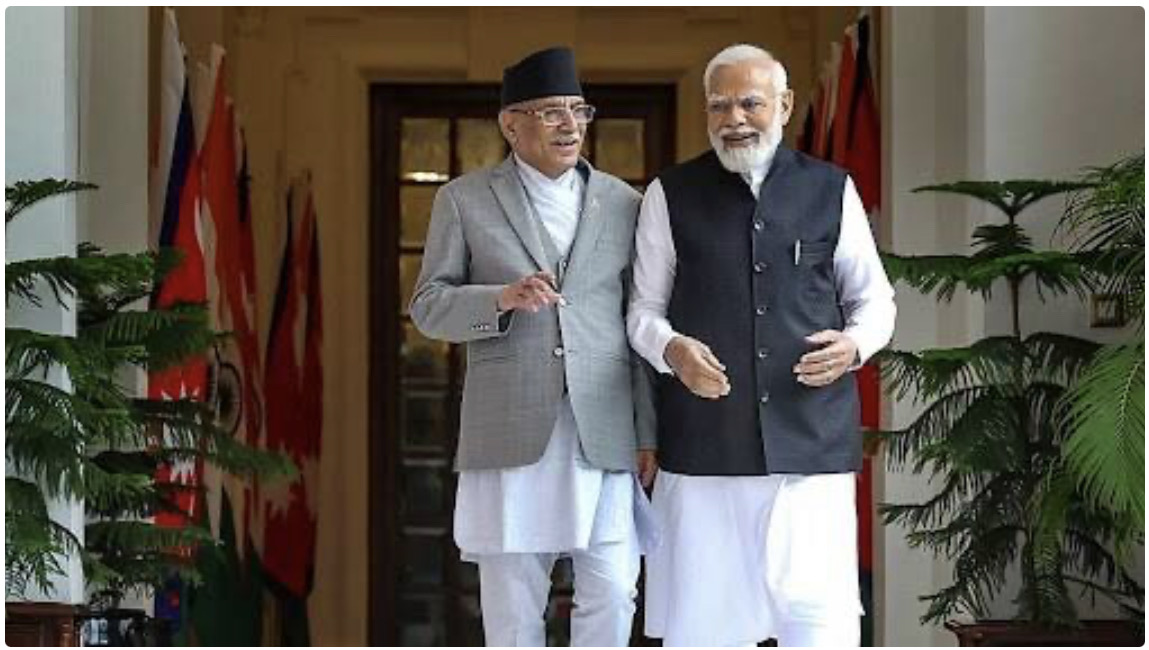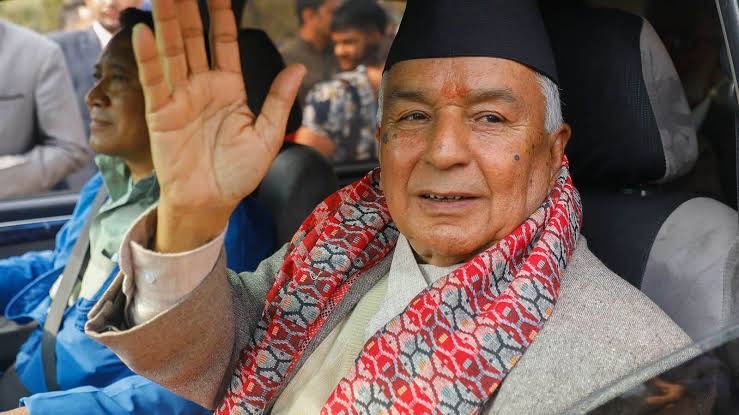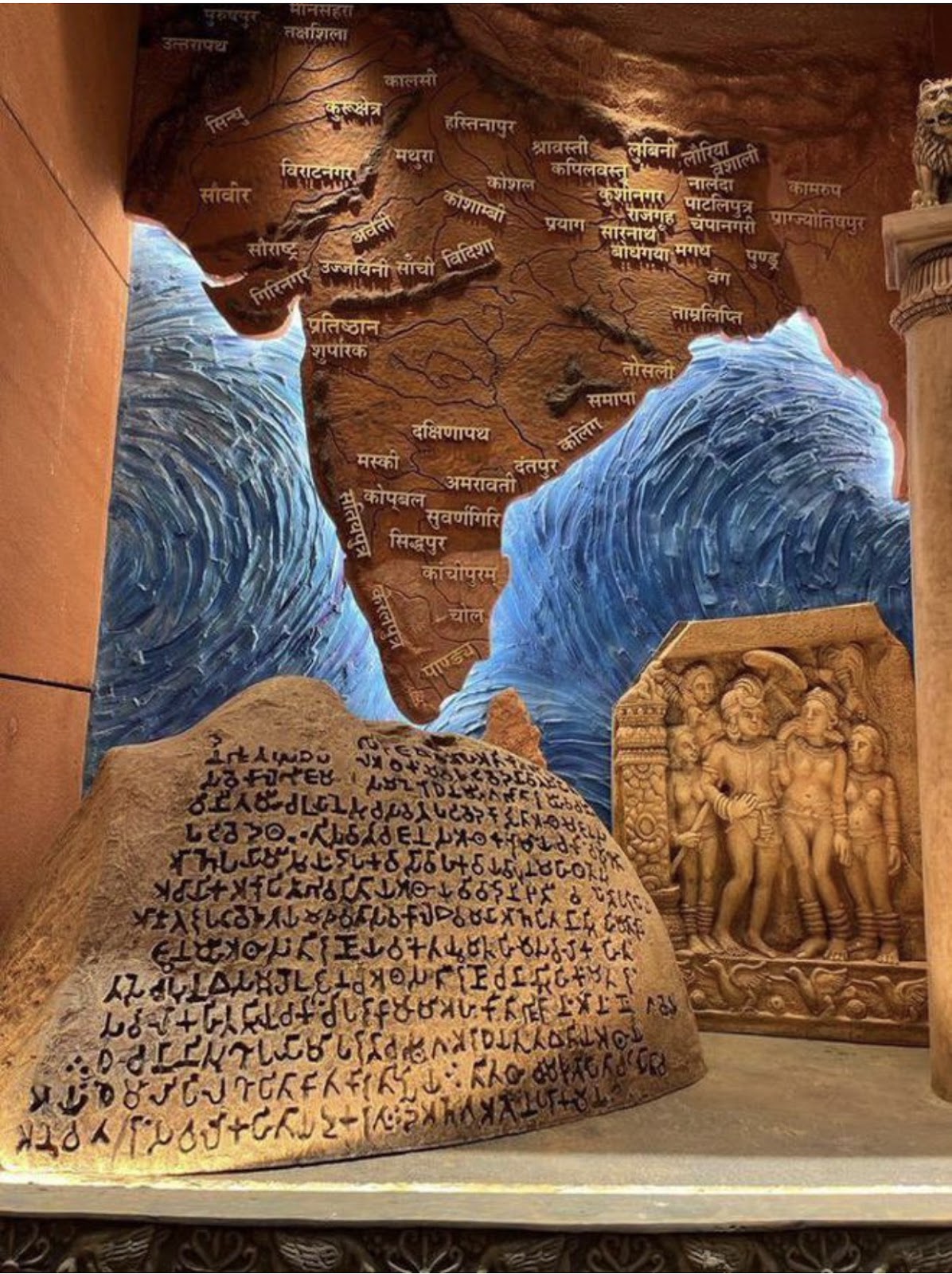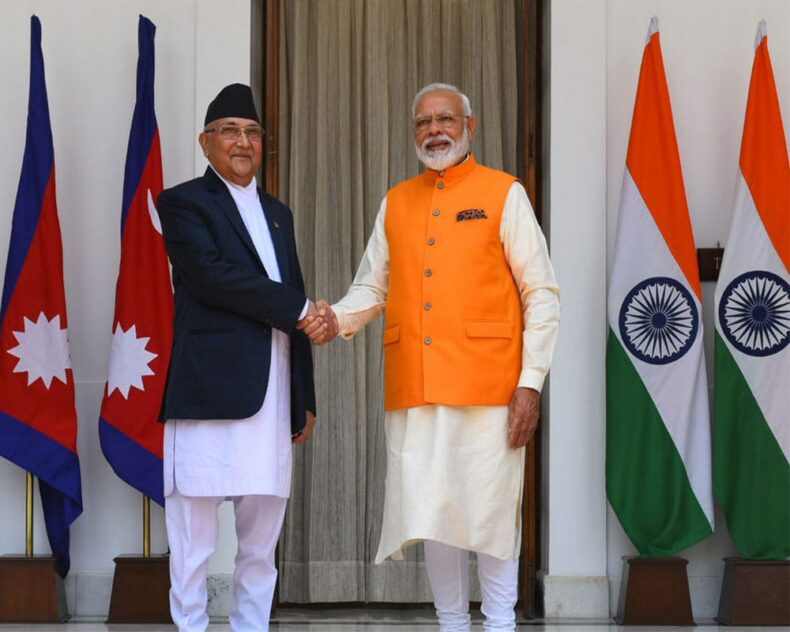Nepali Prime Minister Pushpa Kamal Dahal‘s visit to India which was described by him as ‘very successful’ has received criticism from the opposition parties who have unitedly accused him of a total sell-out to India.

The opposition parties in Nepal consist of the Communist Party of Nepal (Unified Marxist Leninist), Nepal Mazdoor Kisan Party, Rashtriya Swatantra Party, and Rashtriya Prajatantra Party. On Sunday when the House of Representatives was adjourned for the day and would meet again on Monday, the speaker, Devraj Ghimire was asked by the opposition to halt the scheduled business and to summon the Prime Minister to address their questions and grievances.
On the other side, an interim stay was issued by a single bench of the Supreme Court with Justice Manoj Kumar Sharma, on the implementation of the Citizenship Bill that President Ramchandra Paudel had given a green signal to in only a few hours before PM Dahal was to leave for an official visit to India.

Chief whip of the UML, Padam Giri informed the media that Nepal’s national interest was compromised concerning PM Dahal’s refusal to bring up the border dispute issue with India and also commented on the new parliament building of India which has a mural on the wall showing Kapilavasthu and Lumbini as constitutive of Akhand Bharat (undivided India), indicating India’s claims over those regions.
According to reports the approval of the citizenship Bill in Nepal was in line with New Delhi’s wish, which was expressed around five years ago, which asked for granting citizenship to the people in Terai region, adjoining India.
Legal experts are divided concerning the status of the citizenship bill. Some think that it had met its demise with the fall of the previous Parliament, where it originated from, and that it was not in the jurisdiction of the President to give his approval now when the previous President had already rejected it at first and then sat over it after it was sent to her again by the Parliament.
The mural controversy
The mural on the wall of the recently inaugurated new parliament building of India has shown Lumbini, which is one of the major cultural centres of Nepal as a part of Akhand Bharat. This could accentuate the already existing ‘trust deficit’ and tense bilateral relations with one of the most immediate neighbours of India.

This has also brought back the memories of the Kalapani dispute in November 2019. In a map published by India, Kalapani was shown as a part of the state of Uttarakhand. To counter this, Nepal also published a map showing its control over Kalapani.
The new citizenship bill controversy in Nepal
According to article 11(5) of the citizenship amendment act, 2006, a person born to a Nepali mother and an unidentified father can be granted citizenship by descent. If the unidentified father is found to be a foreigner, then it will be converted to naturalized citizenship.
Certain orthodox sections of the country have complained that as some Nepalese men especially from the Terai region marry women from northern India, the Nepali identity could be diluted. Due to this, many women have not been able to become citizens of Nepal as they wait to go through the seven-year cooling-off period before they are eligible for applying for Nepali citizenship. Thereby women were stateless and the children of these families were also deprived of Nepali citizenship. The new amendments have removed the seven-year cooling-off period.
This has been objected to by major political parties. The removal of the cooling-off period is supported by the Nepali Congress and the Maoist Party. However, the Communist Party of Nepal wishes to retain the cooling-off period. Despite the support of the Madhesi parties, Ms Bhandari, the former president of Nepal refused to give assent to the act.













